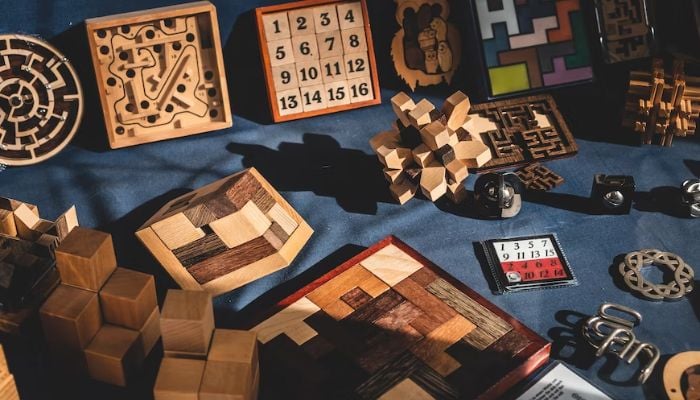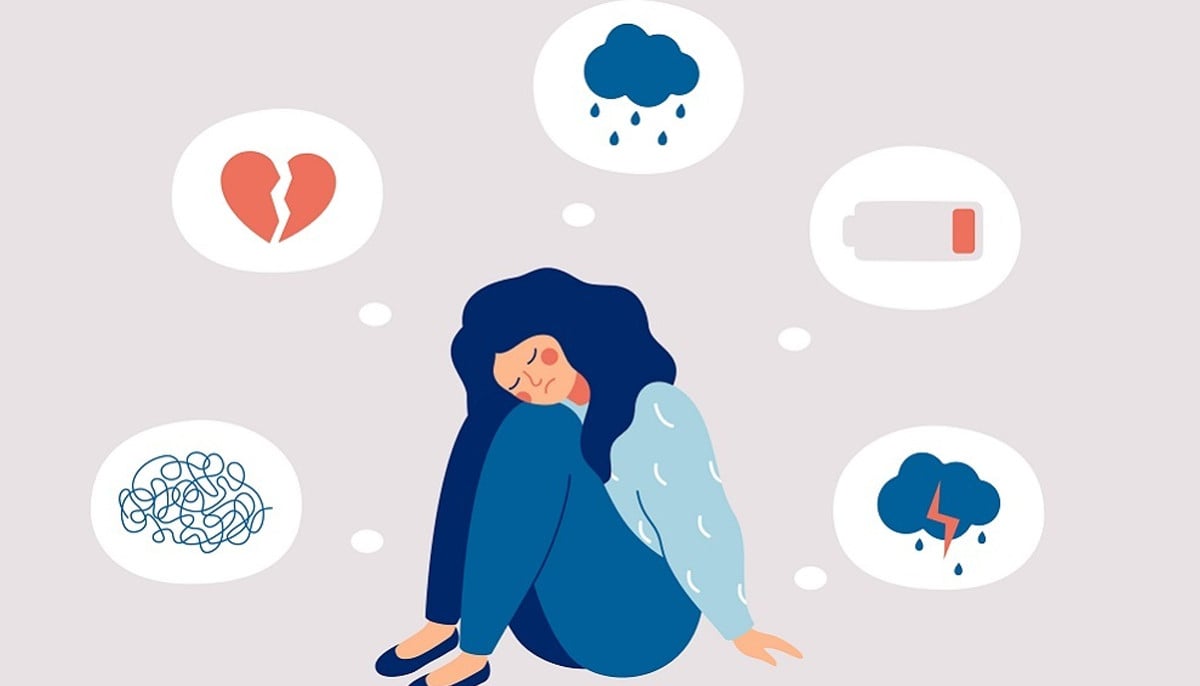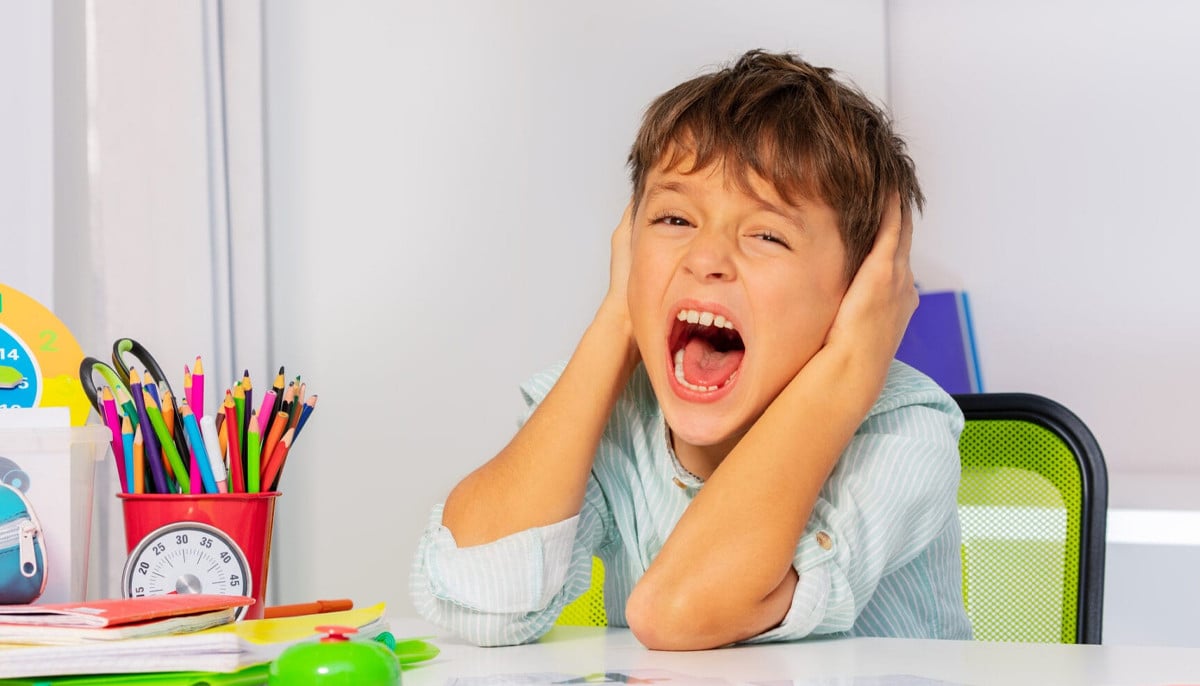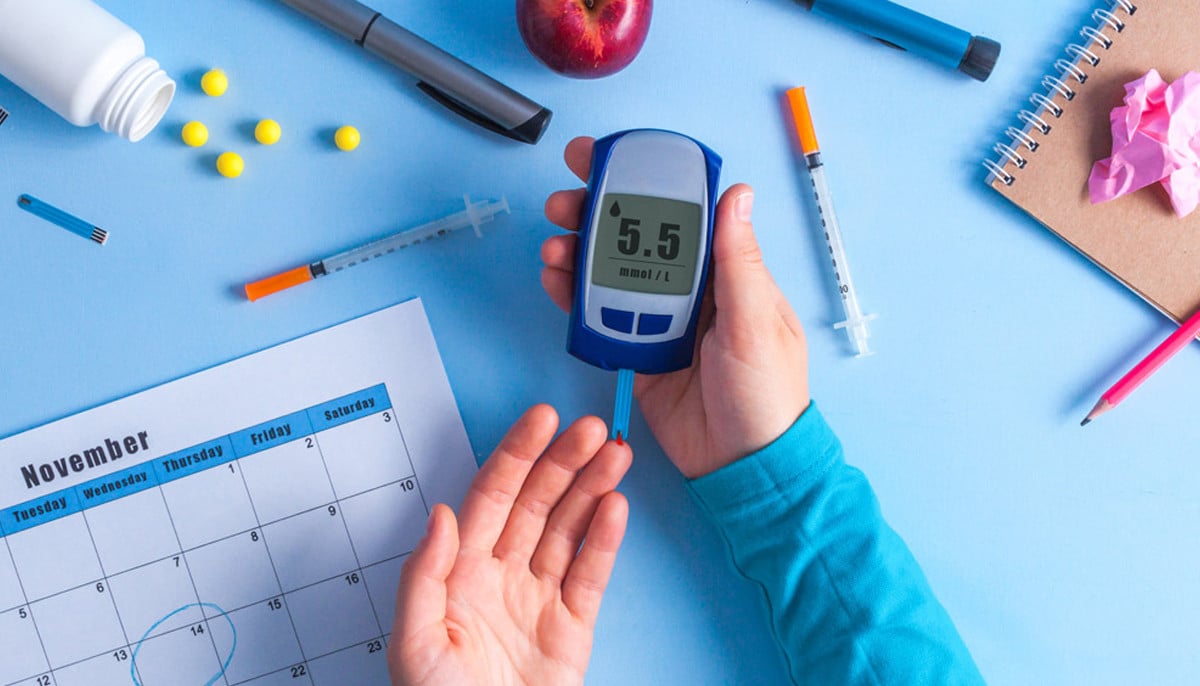This brain game can dramatically improve memory
Those suffering from memory issues suffer personally, professionally and in their relationships
Bad memory can bring a plethora of problems in any individual's life. While forgetting the wallet at home or forgetting where you kept your keys might not seem a big issue, sometimes, a bad memory can cause serious dysfunction in life.
Those suffering from memory issues suffer personally, professionally and in their relationships. According to a research study, a fairly simple game could solve memory problems for many.
A professor of psychiatry and neurology at Columbia believes that a memory improvement game can help people stop forgetting things. The concept is not necessarily new. There have been multiple brain exercises backed by science that has proven to be beneficial for certain brain functions including memory.
Several training methods to strengthen memory also exist.
The recent study focuses on a game that can be played every morning with breakfast. The age-old game of crossword puzzles has proven to drastically improve memory.
Researchers divided a large group of participants in the experiment into two groups. One of the groups was assigned to play computer groups while the other group solved crossword puzzles.
The experiment went on for weeks after which researchers found out that those who completed crossword puzzles performed much better on memory tasks. They had improved in terms of memory and other cognitive functions.
Therefore, the study concluded that crossword puzzles could serve as a memory improvement game.
One of the authors of the study, Dr Devanand said that their study was the first to register the benefits of the home-based crossword puzzle.
“This is the first study to document both short-term and longer-term benefits for home-based crossword puzzle training compared to another intervention," he said.
“The results are important in light of the difficulty in showing improvement with interventions in mild cognitive impairment," he added.
-
5 simple rules to follow for smooth, healthy hair
-
Expert discusses 'complications' of measles outbreak
-
Are statins safe to use? New study debunks long-feared side effects
-
New research busts major PTSD myth
-
Shocking gender link in autism comes to light
-
Same name, different disease: A guide to type 1 and type 2 diabetes
-
5 at-home remedies for gas and bloating
-
New research brings us closer to malaria-free world












